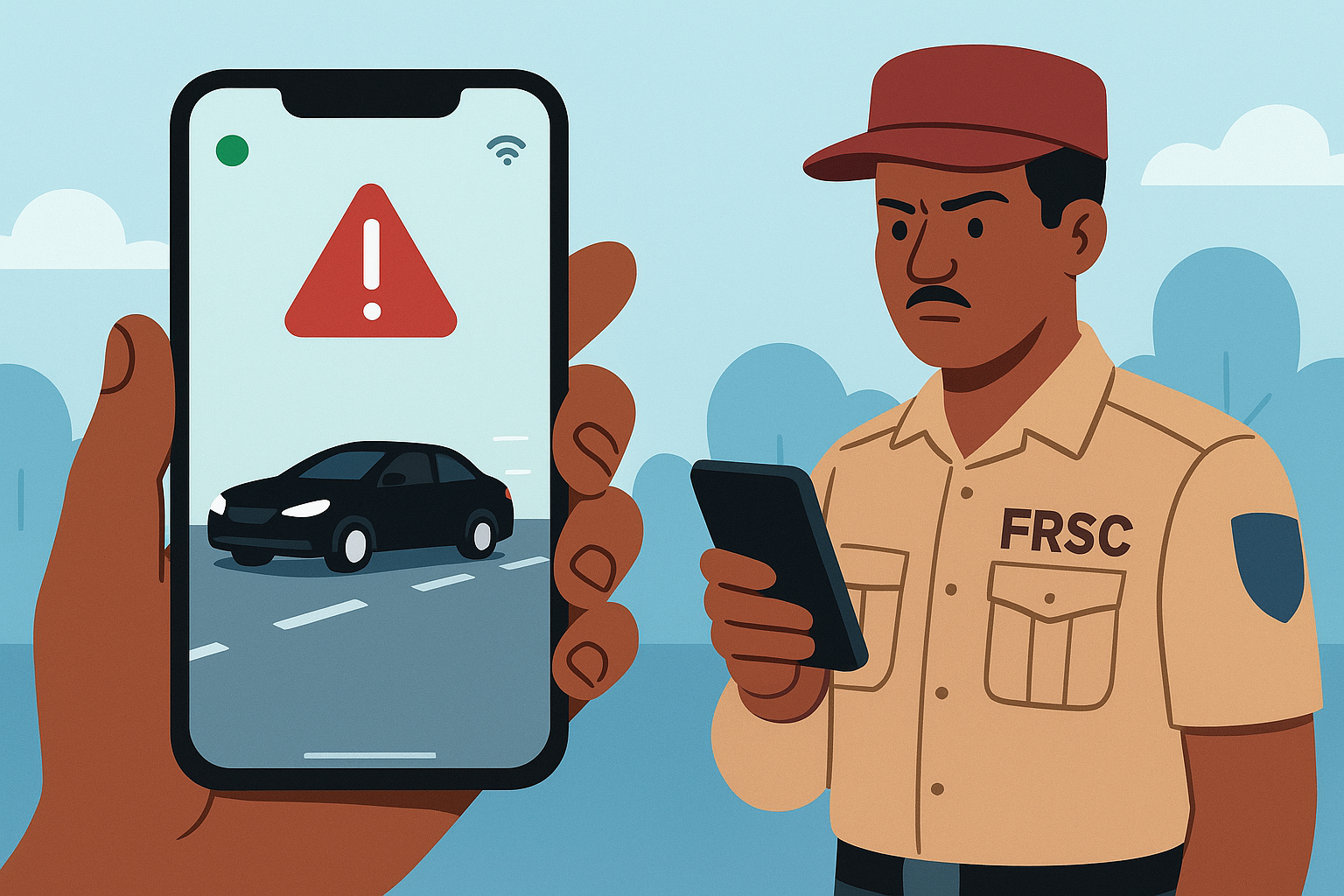Driver Training
Exclusive: Mobile Phone Sensors Could Help Detect Drunk Driving in Nigeria

Drunk driving has been a stubborn menace on Nigeria’s roads, claiming thousands of lives every year. Traditional enforcement, like breathalyzer tests and roadblocks, often falls short, either because of limited resources or because offenders find ways to evade detection.
Also Read: Fight Against Auto Theft: FRSC Recovers 35 Stolen Vehicles in Six Months
But now, a groundbreaking Nigerian-led study published on arXiv in September 2025 suggests a futuristic yet practical solution: using mobile phone sensors to detect alcohol-influenced driving behavior.
By analyzing data from accelerometers, GPS, and gyroscopes in everyday smartphones, researchers demonstrated that it is possible to spot abnormal driving patterns linked to intoxication. This innovation could revolutionize how Nigeria and other countries combat road crashes caused by drunk driving.
The Study at a Glance
The research team collected a driving dataset in Nigeria, monitoring motorists under different conditions. Using smartphone sensors, they tracked:
- Sudden swerves
- Harsh braking and acceleration
- Lane deviations
- Speed fluctuations inconsistent with traffic flow
The AI model trained on this data achieved 100% recall, meaning it successfully flagged all instances of drunk driving in the test scenarios. However, its precision was about 60%, suggesting it also flagged some false positives.
While still in early stages, these results show that mobile phones could play a vital role in early detection and prevention.
Why This Matters for Nigeria
Nigeria ranks among countries with the highest road traffic fatalities. According to the World Health Organization (WHO), about 6,700 Nigerians die yearly due to alcohol-related road crashes. With road safety stretched thin, low-cost innovations like mobile sensor technology could provide an affordable safety net.
Unlike costly breathalyzers or checkpoint operations, this solution requires no extra gadgets, just the phones most drivers already carry.
How It Could Work in Practice
- App Integration: Drivers install a safety app linked to FRSC databases.
- Real-Time Monitoring: The app detects irregular driving (zigzagging, sudden stops).
- Alerts: If suspected intoxication is detected, the system could send warnings to the driver, emergency contacts, or even FRSC patrols.
- Data Logs: In the event of crashes, the data could help investigators establish cause.
Expert Voices
Dr. Chika Eze, a transportation technology researcher, explains:
“Smartphone-based detection can act like a ‘digital breathalyzer’, passive, affordable, and always on. While not perfect yet, it could save countless lives on Nigerian highways.”
Meanwhile, FRSC officials welcome the idea but warn of privacy challenges. Corps Commander Felix Okoye noted:
“We must balance innovation with citizens’ right to privacy. Data sharing will require strict legal frameworks.”
Challenges and Concerns
- Privacy: Who owns and monitors the collected driving data?
- False Positives: Innocent drivers may be flagged due to potholes or bad road conditions.
- Network Connectivity: Many rural areas lack strong internet signals for real-time monitoring.
- Adoption Rates: Would Nigerian drivers willingly download and use such an app?
RoadKing Analysis: Could This Work in Nigeria?
Nigeria’s roads present unique conditions from pothole-ridden highways to poorly marked lanes. These could easily confuse detection systems. However, the study provides an exciting first step.
If combined with:
- Improved road infrastructure
- Public awareness campaigns
- FRSC partnerships with telecoms
…mobile phone sensors could become a game-changer in reducing alcohol-related crashes.
What Motorists Can Do Today
- Avoid driving after drinking, use taxis or ride-hailing apps.
- Install driving safety apps that monitor behavior.
- Support FRSC initiatives by volunteering for tech-driven pilot programs.
- Educate peers on the dangers of drunk driving, it’s not just about avoiding fines, it’s about saving lives.
Conclusion
The fight against drunk driving in Nigeria is far from over, but technology is offering fresh hope. From FRSC checkpoints to cutting-edge smartphone AI, every step counts.
This new study shows that with innovation, determination, and public cooperation, Nigeria could one day drastically cut down alcohol-related fatalities.
Until then, the message remains clear: Don’t drink and drive.






















